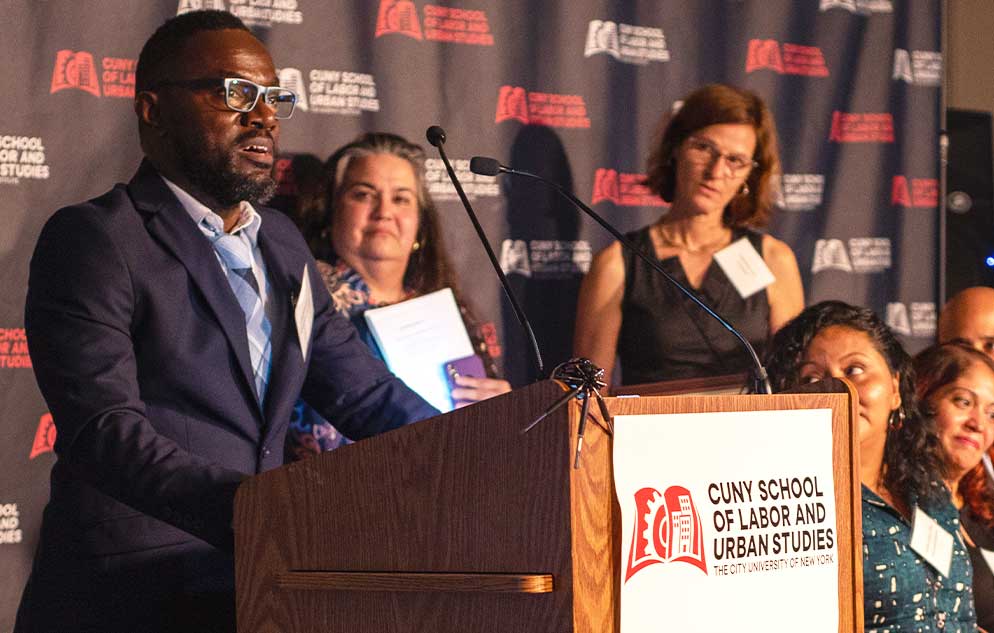“Everything I learned at SLU changed what I wanted to do with my life.”
He came to New York City from Ghana in 2011 in search of new opportunities. “People come here because they believe,” Koffi says of immigration to the United States. “They believe ‘in this land my prayers will be answered.’ That is what drives people to come here.” His family lived through the civil war in the nineties and lived for a time in a refugee camp, which Koffi describes as a very difficult period in his life.
Once in New York, Koffi worked 60- and 70-hour workweeks, often overnight shifts at a parking garage. Despite the schedule, he wanted to go to school. “I wanted a school where I could feel at home, where lots of immigrants go. That’s how I heard about CUNY’s Queensborough Community College. I knew I would feel protected and have a sense of community.”
He was one class away from an accounting degree at Queensborough, when his professor recommended Community Semester, an internship program through what was in 2017 The Murphy Institute – and today is SLU. He was assigned to work with the Street Vendor Project, a membership-based organization of vendors that does organizing, advocacy, legal work and much more to build power and community among NYC street vendors.
“When they sent me to the Street Vendor Project, I thought why? Why are they sending me to this organization?” recounted Koffi. “But then I dealt with the vendors, the policies, the laws – and it was a good fit. Street vending is the door through which vendors begin the American dream – having that door not be so heavily regulated helps people move forward and achieve their dreams. I could identify with the vendors, and it was very powerful. Community Semester was a turning point for me.”
Through Community Semester, Koffi learned about the programs offered at SLU and his journey took a new turn. He returned to Queensborough to finish an associate in arts degree in Liberal Studies instead of accounting, then came to SLU in 2018, right around the school’s official opening. He completed the Certificate in Community Leadership in one semester.
The journey shifted again when Koffi won SLU’s Diversity in Labor Scholarship. “That opened the door, it made everything possible and helped me get the degree I really wanted to have.”
Koffi started the bachelors program at SLU while working full time, including serving as a contact tracer and managing the city’s covid response during the pandemic. “If you are working, SLU is a good place to come to school. Not only classes are flexible, but they are in the evening – you can work during the day, then come to class after 6 pm. The instructors, lecturers and professors are industry players and can guide you. There are important networks here to tap into – and those networks you need for your career and the rest of your life. Networking, academic support, flexibility – and diversity – it is all at SLU. Further, if you belong to a union, they often provide immense financial support. And things like the Diversity Scholarship make school more affordable.”
“Networking, academic support, flexibility – and diversity – it is all at SLU.”
He graduated from SLU with a BA in Urban Studies with a Labor Studies concentration in 2021 and went on to the Master of International Affairs program at Baruch College. In December 2023, he applied to the Ph.D. program in Political Science at the CUNY Graduate Center, where he plans to focus on development in eastern economies. His dream is to return to Ghana and run for public office, as well as work in academia. “Given what I want to achieve, there is still more to do!” said Koffi. He currently works for the Mayor’s office in Public Engagement, doing community-based advocacy including tenant support, and in fall 2024 he will teach an honors class at Baruch called Shaping the Future of NYC.
Koffi says that what he learned at SLU is foundational to understanding why things are the way they are in society and politics: “It’s important for young people to understand it was not always this way – it was engineered this way – and it can be engineered in a different way – IF we organize. Labor history is important – unions are relevant and always will be. Community matters, and grassroots organizing is key to being heard and being part of the political process. I did not understand door knocking growing up in Ghana – but I understand it now, it is a vital part of the process.”
He continued: “If broadly speaking you are interested in changing your community, your city, your state – if you are interested in public policy, community-based work or organizing, SLU is a very good place to start because you will learn how you can be part of the change process. Many times, we want to drive change, but are missing the knowledge about how to play a part in the change process. SLU gives you that knowledge.”

